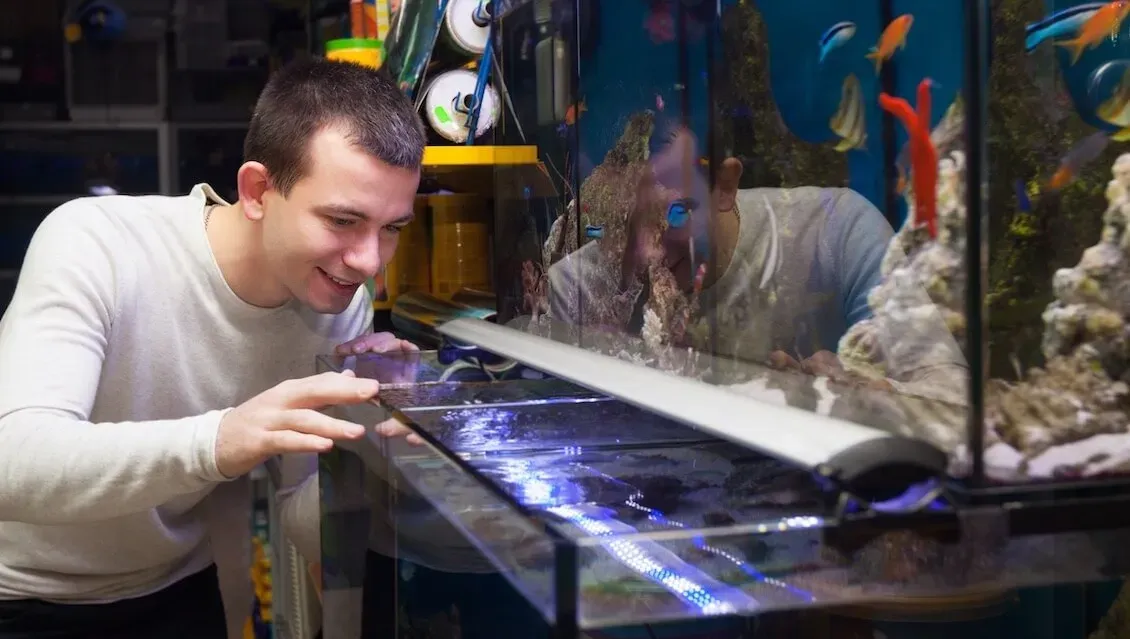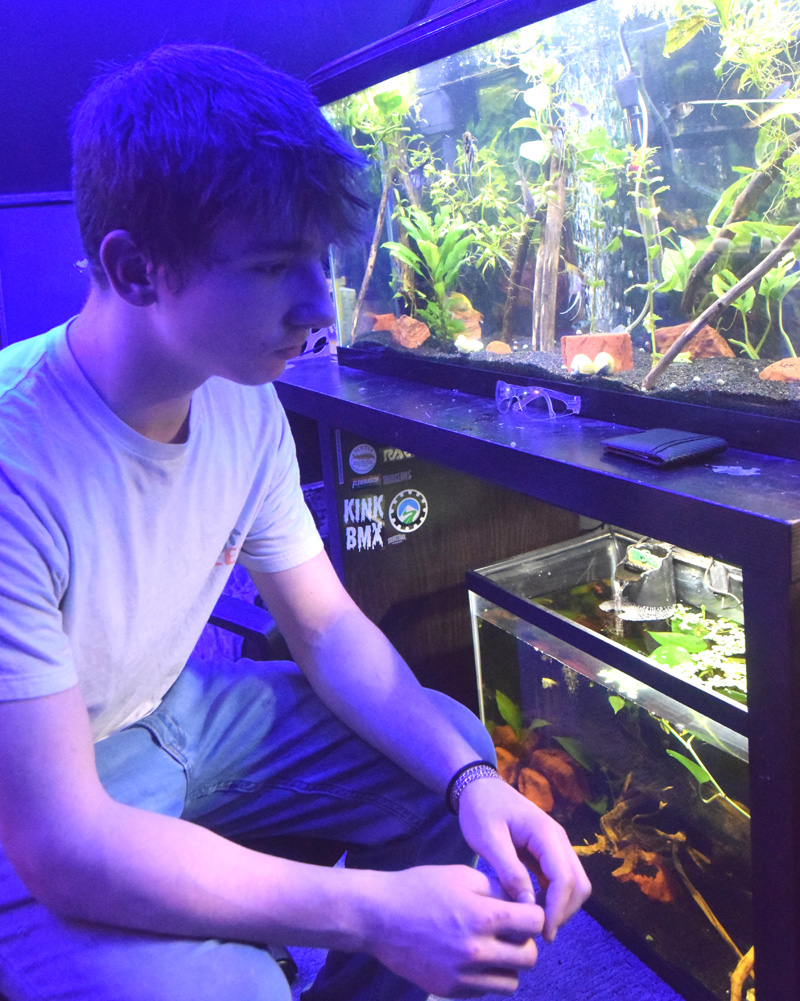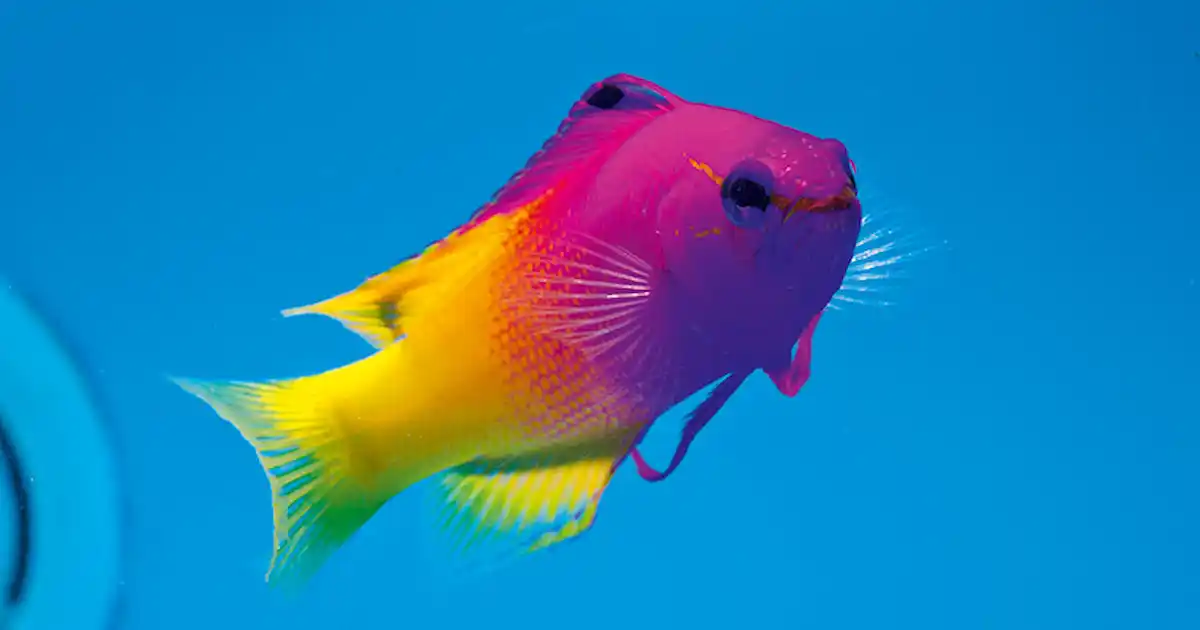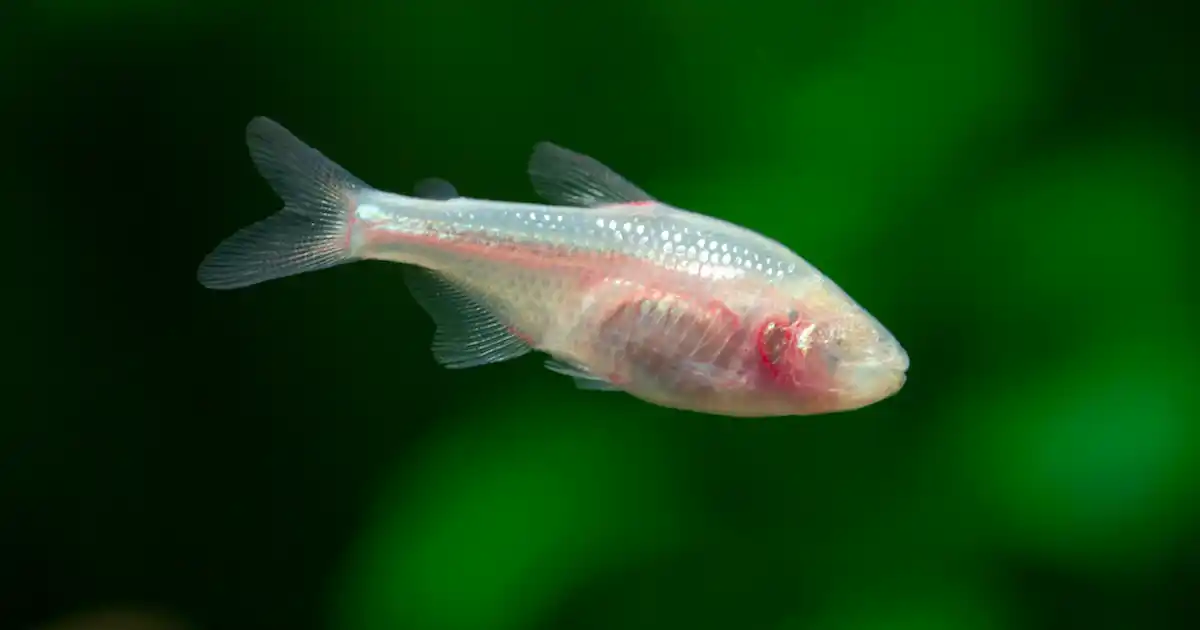Fishkeeping is a captivating endeavor that unites enthusiasts across the globe, creating an intricate tapestry of shared experiences and knowledge. For fishkeeping beginners, the journey can seem daunting, but with the right guidance and resources, it transforms into a fulfilling adventure. As you delve into aquarium care, you’ll discover the joy of maintaining vibrant aquatic ecosystems that not only beautify your home but also contribute to meaningful conservation efforts. Joining the thriving fishkeeping community opens doors to valuable insights, tips, and camaraderie, enhancing your understanding of this ancient practice. Whether through engaging with fishkeeping magazines or exploring sustainable fishkeeping methods, the learning never stops in this dynamic world.
Aquatic husbandry, often referred to as fishkeeping, encompasses the art of creating and sustaining aquatic environments for various fish species. This engaging pastime invites individuals of all ages to connect with nature while fostering a deeper understanding of aquatic ecosystems. As participants embark on their aquatic journey, they quickly learn the essentials of aquarium maintenance, species selection, and the critical aspects of water quality management. With the rise of online forums and community resources, newcomers can easily access a wealth of knowledge and support, making the transition into this rewarding hobby smoother and more enjoyable. Embracing the nuances of fish care not only enriches personal well-being but also emphasizes the importance of responsible aquatic stewardship.
Getting Started with Fishkeeping: A Beginner’s Guide
For those venturing into the world of fishkeeping, the initial steps can be both exciting and overwhelming. Understanding the basics of aquarium setup is crucial. New fishkeepers should familiarize themselves with essential equipment such as filters, heaters, and lighting systems. Additionally, selecting the right type of aquarium—be it freshwater or saltwater—depends on personal preference and the species of fish one intends to keep. Researching different fish species, their compatibility, and their care requirements is vital for creating a harmonious aquatic environment.
Moreover, prospective aquarists should pay close attention to water quality management. The nitrogen cycle is a fundamental concept in fishkeeping that every beginner should grasp. Testing water parameters like pH, ammonia, nitrite, and nitrate levels is vital for maintaining a healthy habitat. Utilizing online resources and joining local fishkeeping communities can provide invaluable support and guidance as beginners embark on their aquatic journey.
Sustainable Fishkeeping Practices
Sustainable fishkeeping is gaining traction within the fishkeeping community, emphasizing the importance of ecological responsibility. This approach encourages fishkeepers to consider the environmental impact of their practices, such as sourcing fish from sustainable suppliers and maintaining healthy ecosystems in their aquariums. Beginners are urged to explore aquaculture and learn about species that are bred in captivity rather than taken from the wild, which helps reduce pressure on natural fish populations.
Additionally, sustainable fishkeeping can involve creating a balanced aquarium environment that supports biodiversity. This includes incorporating live plants and utilizing natural filtration systems, which can enhance water quality while providing shelter for fish. Engaging in community conservation efforts and participating in local aquarium societies fosters a sense of responsibility among fishkeepers to protect aquatic life and promote awareness of sustainable practices.
The Role of Fishkeeping Magazines in the Hobby
Fishkeeping magazines play a crucial role in educating enthusiasts at all levels. Publications like Practical Fishkeeping and Tropical Fish Hobbyist provide a wealth of information on various aspects of aquarium care, from species profiles to advanced breeding techniques. These resources keep fishkeepers informed about the latest trends, equipment innovations, and sustainable practices in the hobby, thereby enhancing their overall experience.
Moreover, magazines often feature articles written by experts in the field, offering insights that can help aquarists troubleshoot common issues and improve their aquarium setups. Subscribing to these publications not only enriches one’s knowledge but also connects readers to the broader fishkeeping community, fostering engagement and conversation about shared interests.
Engaging with the Fishkeeping Community
The fishkeeping community is vibrant and diverse, offering a supportive network for enthusiasts to connect and share their experiences. Online forums and social media groups serve as platforms for fishkeepers to ask questions, share photos of their aquariums, and exchange tips on fish care. This sense of community can be particularly beneficial for beginners who may feel overwhelmed by the complexities of the hobby.
Additionally, community engagement extends to local aquarium clubs and events, where fishkeepers can meet in person, participate in workshops, and attend talks by experts. These gatherings not only provide opportunities to learn but also foster friendships among like-minded individuals, creating a sense of belonging within the fishkeeping world.
The Benefits of Fishkeeping for Families
Fishkeeping can be an enriching experience for families, providing opportunities to teach children about responsibility and the natural world. Introducing kids to the basics of aquarium care encourages them to develop nurturing habits as they learn to feed, maintain, and observe their aquatic pets. This hands-on involvement not only fosters a sense of ownership but also instills respect for living creatures and their habitats.
Moreover, maintaining an aquarium can serve as a calming and therapeutic activity for families. The soothing presence of fish swimming in a well-kept aquarium can create a peaceful environment in the home. Families can bond over shared responsibilities and take pride in their achievements as they watch their aquatic ecosystem thrive, making fishkeeping a rewarding experience for all.
Essential Tools for Successful Aquarium Care
Equipping oneself with the right tools is vital for effective aquarium care. Beginners should invest in a good quality water testing kit to monitor parameters that influence fish health. Additionally, a reliable filtration system is crucial for maintaining clean and safe water conditions, while heaters help regulate temperature, especially for tropical species. A well-rounded toolkit also includes nets, algae scrapers, and a siphon for routine maintenance tasks.
Furthermore, as aquarists gain experience, they may explore advanced tools such as automated feeders and smart aquarium systems that offer convenience and precision in care. Staying informed about the latest technological innovations through resources like fishkeeping magazines can provide insights into upgrading one’s aquarium setup for enhanced efficiency and enjoyment.
The Importance of Education in Fishkeeping
Education is a cornerstone of successful fishkeeping. Beginners are encouraged to seek out reliable resources, from books and online articles to forums and webinars, to build a solid foundation of knowledge regarding species requirements, tank setups, and maintenance routines. This proactive approach not only enhances the hobby experience but also reduces the likelihood of common pitfalls that can lead to fish loss.
Moreover, ongoing education is essential for seasoned aquarists as well. The fishkeeping world is constantly evolving, with new research and practices emerging regularly. Keeping up with trends through magazines, community events, and online courses allows fishkeepers to refine their skills and adapt to changing best practices, ultimately leading to healthier fish and more vibrant aquariums.
Exploring Different Types of Aquariums
There are various types of aquariums that cater to different interests and levels of expertise. Freshwater aquariums are often recommended for beginners due to their relative ease of maintenance and wide selection of fish species. These setups can range from simple community tanks to more complex biotope aquariums that replicate specific ecosystems.
On the other hand, saltwater aquariums offer a more challenging yet rewarding experience for advanced fishkeepers. They require a deeper understanding of water chemistry and filtration, but the beauty and diversity of marine life can be a stunning addition to any home. Exploring both freshwater and saltwater options allows fishkeepers to find their niche within this expansive hobby.
The Evolution of Fishkeeping Technology
The technology surrounding fishkeeping has advanced dramatically over the years, making it more accessible and enjoyable for enthusiasts. Innovations such as LED lighting, advanced filtration systems, and automated monitoring devices have transformed the way aquarists maintain their tanks. These technologies not only simplify daily care but also enhance the health and wellbeing of fish.
As technology continues to evolve, fishkeepers are encouraged to stay informed about the latest gadgets and tools that can improve their aquarium experience. Participating in online forums and reading fishkeeping magazines can provide insights into the best products available, ensuring that aquarists can make educated decisions about their setups.
Frequently Asked Questions
What are the best resources for fishkeeping beginners?
For fishkeeping beginners, several resources can greatly assist in getting started. Essential websites like Hobby FAQs and Buce Plant offer comprehensive guides on tank setup, species compatibility, and aquarium care. Additionally, subscribing to fishkeeping magazines like Practical Fishkeeping and Tropical Fish Hobbyist provides valuable insights into sustainable fishkeeping practices and the latest trends in the fishkeeping community. Engaging with online forums and Discord groups can also enhance your learning experience by connecting you with experienced aquarists.
| Key Point | Details |
|---|---|
| Introduction to Fishkeeping | Fishkeeping is a global passion with roots over 4,500 years old, focusing on maintaining aquariums and ponds. |
| Recent Developments | Communities emphasize sustainability and conservation, encouraging diverse aquatic ecosystems and responsible practices. |
| Practice of Fishkeeping | Involves maintaining aquatic environments; essential for beginners to learn about setup, species, and water quality. |
| Helpful Resources | Websites like Hobby FAQs and Buce Plant offer guidance on tank maintenance and species compatibility. |
| Fishkeeping Magazines | Practical Fishkeeping and Tropical Fish Hobbyist provide valuable insights and trends to fishkeepers. |
| Community Engagement | Humor through memes and online forums fosters camaraderie and supports troubleshooting among fishkeepers. |
| Educational Materials | Resources are available to educate children about aquatic ecosystems and responsibilities of fishkeeping. |
Summary
Fishkeeping is a rich and rewarding pursuit that captivates enthusiasts across the globe. This multifaceted hobby not only involves the joy of maintaining aquariums and ponds but also contributes to environmental conservation efforts and community engagement. With a history spanning thousands of years, fishkeeping continues to evolve, emphasizing sustainability and responsible practices. Beginners and seasoned aquarists alike benefit from a wealth of resources, including specialized magazines, online platforms, and community forums, all dedicated to enhancing their knowledge and experience. By embracing both the pleasures and challenges of fishkeeping, individuals can foster a deeper connection to aquatic life while promoting ecological responsibility.




